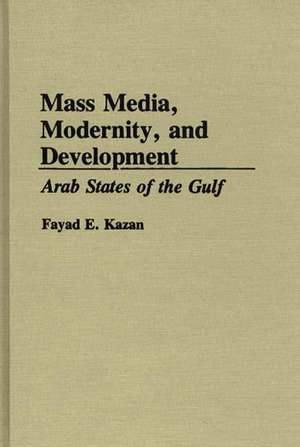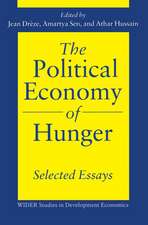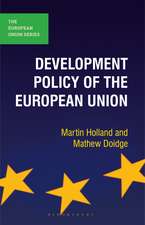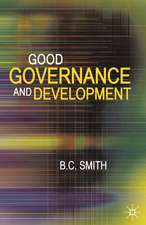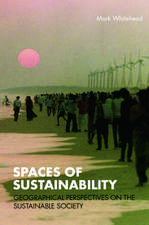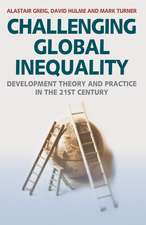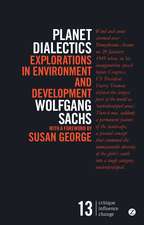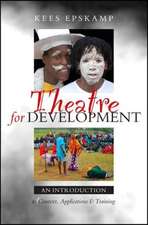Mass Media, Modernity, and Development: Arab States of the Gulf
Autor Fayad Kazanen Limba Engleză Hardback – 29 noi 1993 – vârsta până la 17 ani
Preț: 440.03 lei
Preț vechi: 605.47 lei
-27% Nou
Puncte Express: 660
Preț estimativ în valută:
84.21€ • 87.38$ • 70.38£
84.21€ • 87.38$ • 70.38£
Carte tipărită la comandă
Livrare economică 17-31 martie
Preluare comenzi: 021 569.72.76
Specificații
ISBN-13: 9780275945336
ISBN-10: 0275945332
Pagini: 320
Dimensiuni: 156 x 235 x 22 mm
Greutate: 0.64 kg
Ediția:New.
Editura: Bloomsbury Publishing
Colecția Praeger
Locul publicării:New York, United States
ISBN-10: 0275945332
Pagini: 320
Dimensiuni: 156 x 235 x 22 mm
Greutate: 0.64 kg
Ediția:New.
Editura: Bloomsbury Publishing
Colecția Praeger
Locul publicării:New York, United States
Notă biografică
Fayad E. Kazan holds a PhD from Temple University and performed post-doctorate work at the Massachusetts Institute of Technology, where he spent several years as a Visiting Scholar and as a Research Fellow. He served as a lecturer at King Saud University for three years, during which he conducted his fieldwork in the six countries of the Gulf Region, and worked as a representative and consultant for Columbia Pictures Industries, Inc. Dr. Kazan owns and manages High-Tech Update International, a communication and computer systems applications firm in Falls Church, Virginia.
Cuprins
Foreword by Frederick FreyPrefaceIntroductionModernization, Development, Dependency, and Mass CommunityGulf States Socio-economic, Political, and Mass Media StructuresMethodologyFindingsConclusions, Mass Media Effects Model, Prospects for Gulf Development, Media Implications, and Recommendations for Further ResearchToward a New Paradigm of DevelopmentAppendixes: Profile of Media Exposure within Each Gulf CountryConducting the FieldworkThe Analysis TablesBibliographyIndex
Recenzii
[A] real contribution to the field of international mass communication. It is certainly worthwhile to scholars in communication, sociology, political science, and those who are interested in the Gulf Region. It provides theoretical and practical insights regarding crucial issues which are the media, modernity, and development. The author also assesses the political trends of the Gulf Region. Furthermore, the book is useful to graduate students who intend to carry out extensive field work in the Arab countries. Such students may benefit considerably from the experience of the author as well as the style of his book in writing their dissertation.
